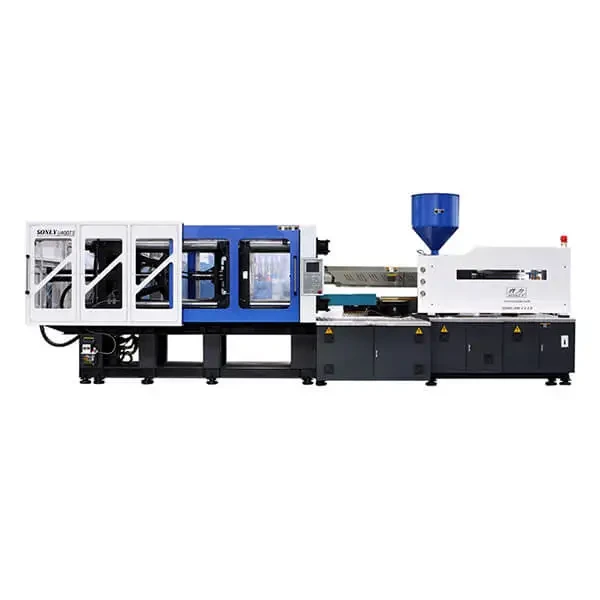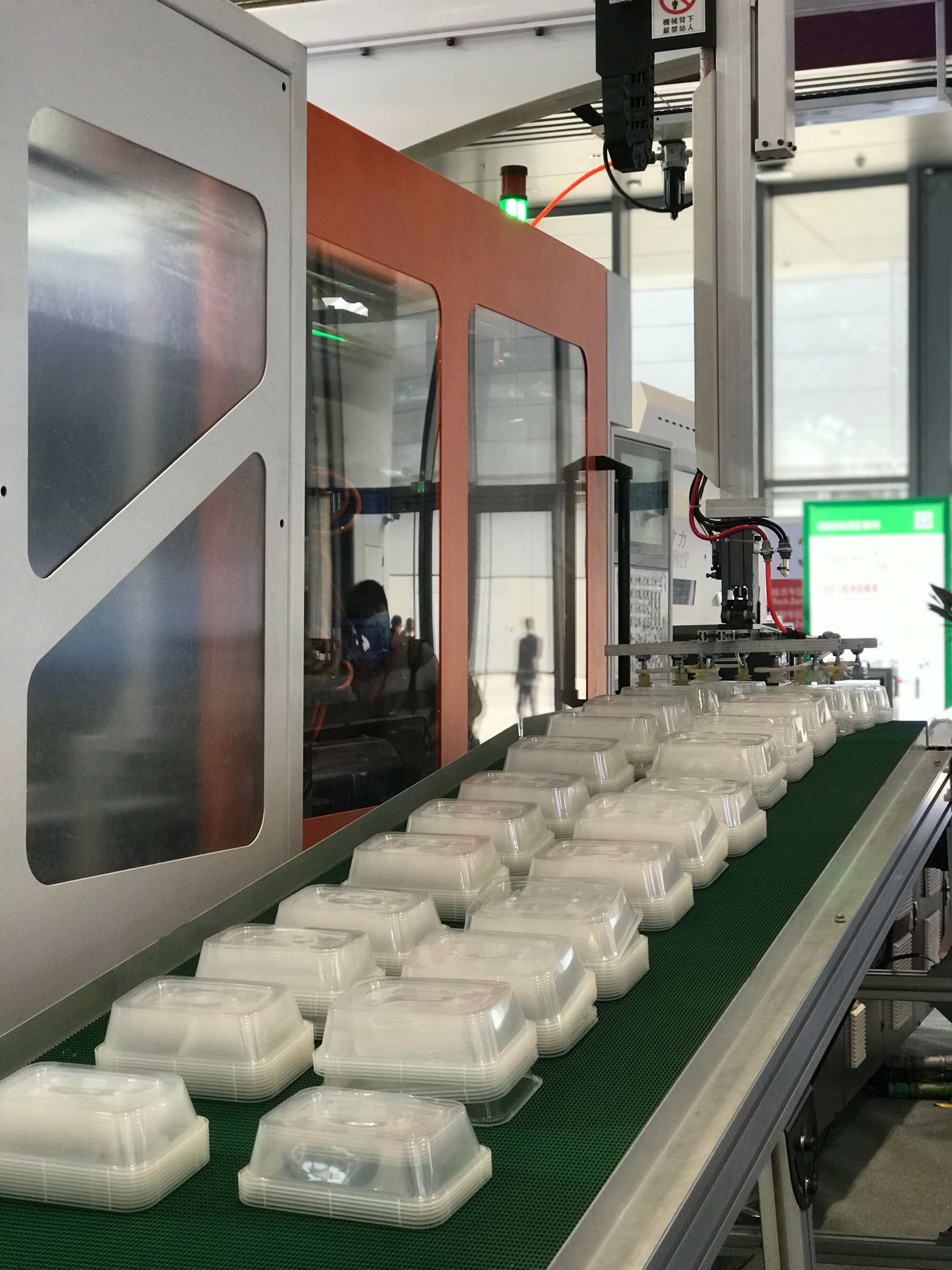Plastic injection molding is a widely used manufacturing process for producing plastic parts and products. However, the quality of the final product depends on the quality of the injection molding machine and the control over the manufacturing process. Quality control is crucial in ensuring that the final product meets the required specifications and standards.
One of the key aspects of quality control in plastic injection molding machines is monitoring the injection pressure. Injection pressure is the force required to inject the molten plastic into the mold. If the injection pressure is too high or too low, it can result in defects such as warping, sink marks, or voids in the final product. Therefore, it’s important to monitor and adjust the injection pressure to ensure that it’s within the required range.
Another important aspect of quality control is monitoring the temperature of the mold and the plastic material. The temperature can affect the flow of the plastic material and the cooling time, which can impact the final product’s quality. Therefore, it’s important to maintain the correct temperature range throughout the manufacturing process.
In addition to monitoring the injection pressure and temperature, quality control also involves inspecting the final product for defects and ensuring that it meets the required specifications and standards. This can be done through visual inspection, dimensional measurement, and other testing methods.
In conclusion, quality control is crucial in ensuring that plastic injection molding machines produce high-quality products that meet the required specifications and standards. By monitoring the injection pressure, temperature, and inspecting the final product for defects, manufacturers can ensure that their products are of the highest quality. This not only improves customer satisfaction but also reduces waste and costs associated with defective products.


